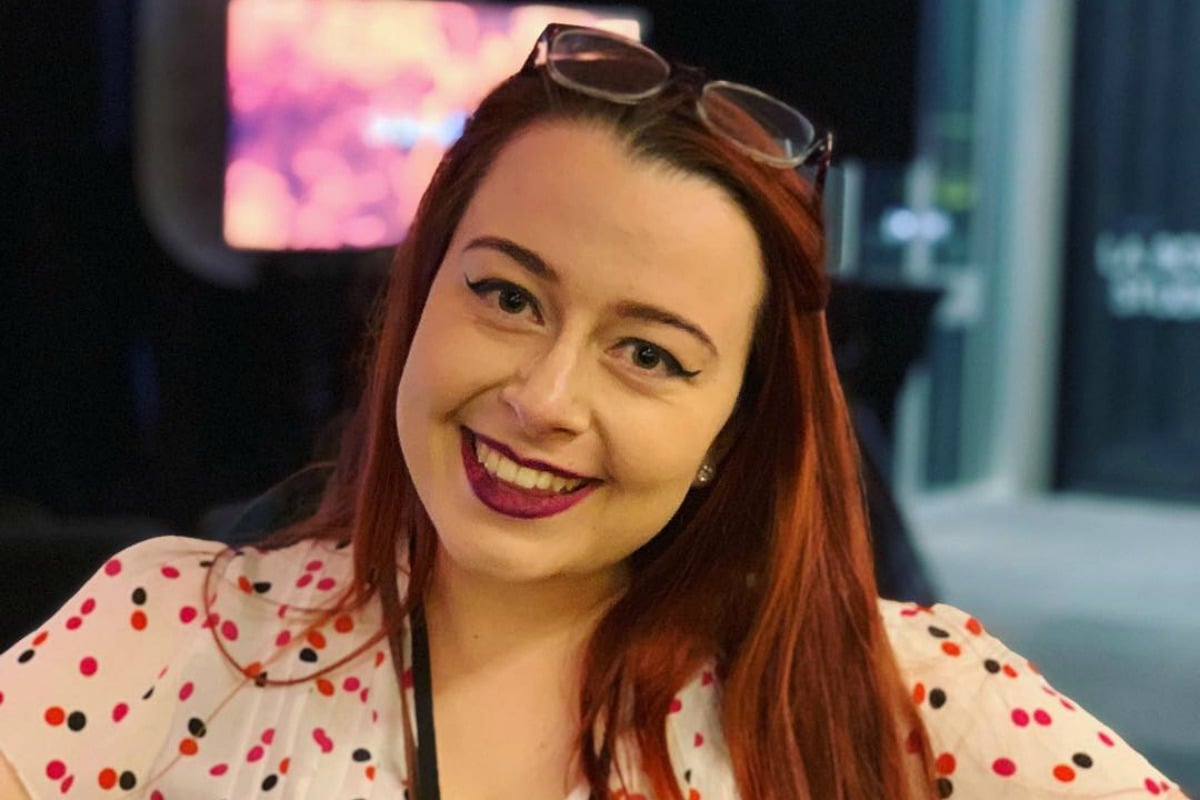
It wasn’t until I met proud disabled people that I discovered I could be proud of myself, too.
For most of my life, I had only known disability and disability identity through the media, or the lens of those teaching me.
These people were able-bodied, neurotypical teachers, teacher aides and physiotherapists who mostly knew disability from working with children with disability, not from experiencing it themselves. Their messaging echoed that of mainstream media; disability is a bad thing, something to be pitied and ashamed of. Everything must be done to ‘overcome’ it.
Mamamia sits down with for a cup of tea with Stella Young. Despite her death in 2014, her legacy lives on. Post continues after video.
To this day, the stories that circulate far and wide are largely built on devastation or grief. “I had to grieve the child I lost when he was diagnosed with autism” or “everyday I live with the shame of being different”. These stories are popular because they elicit sympathy.





























































































